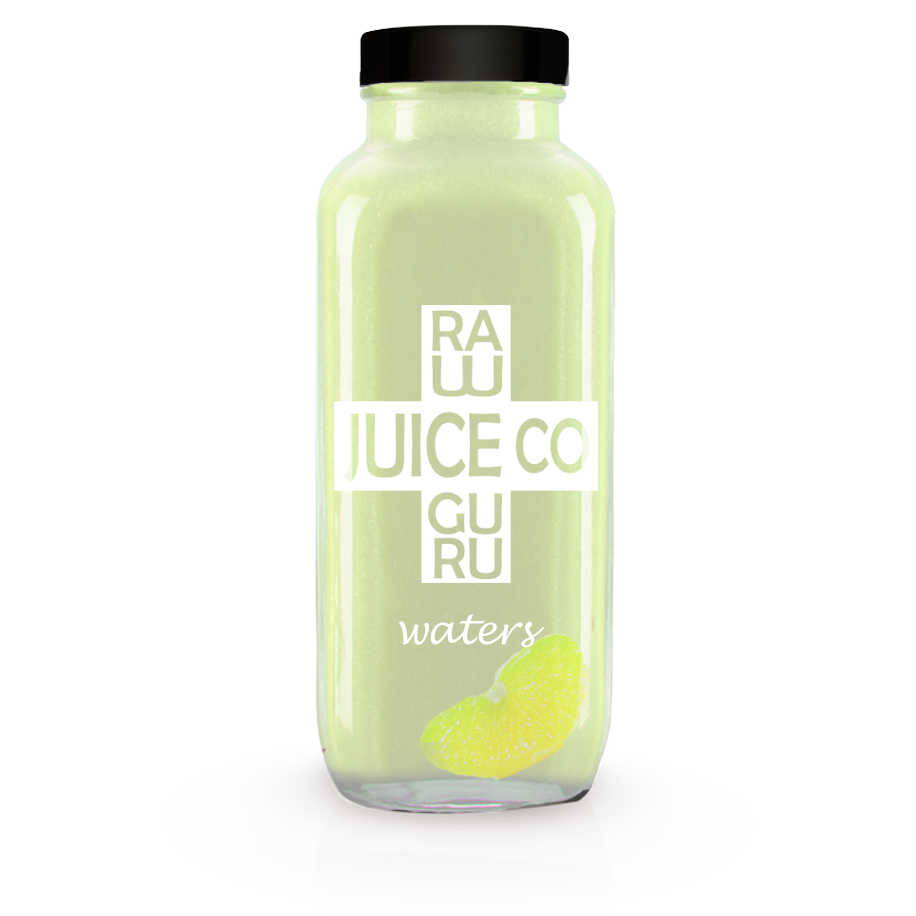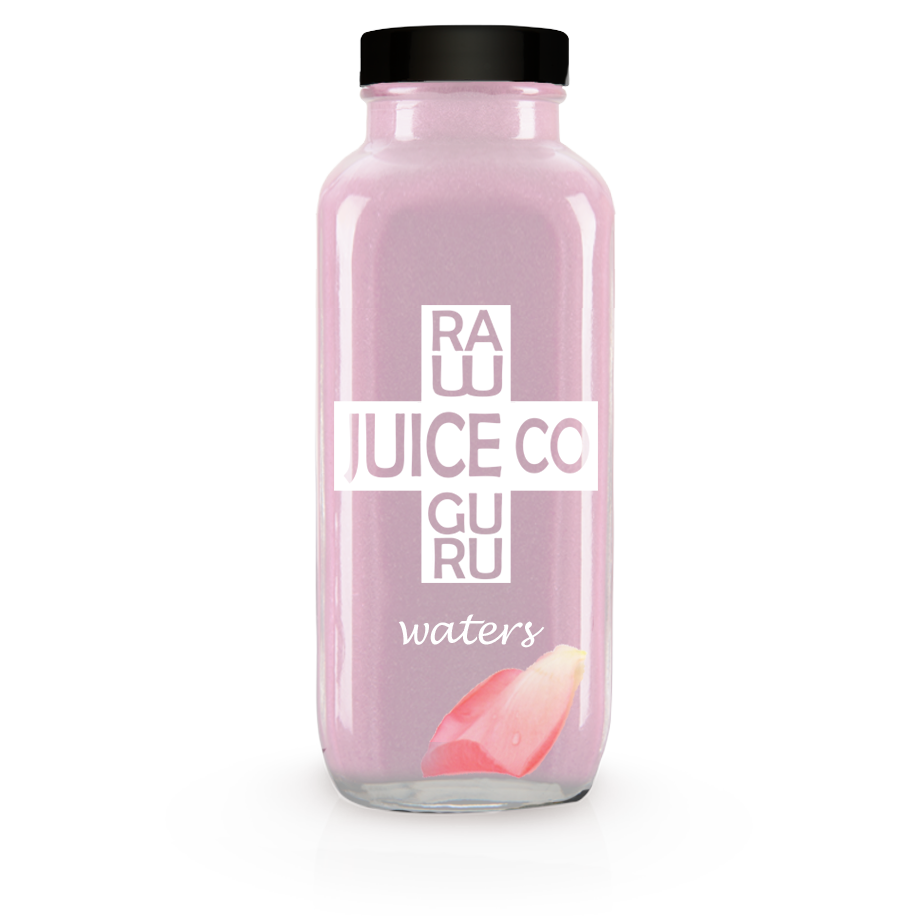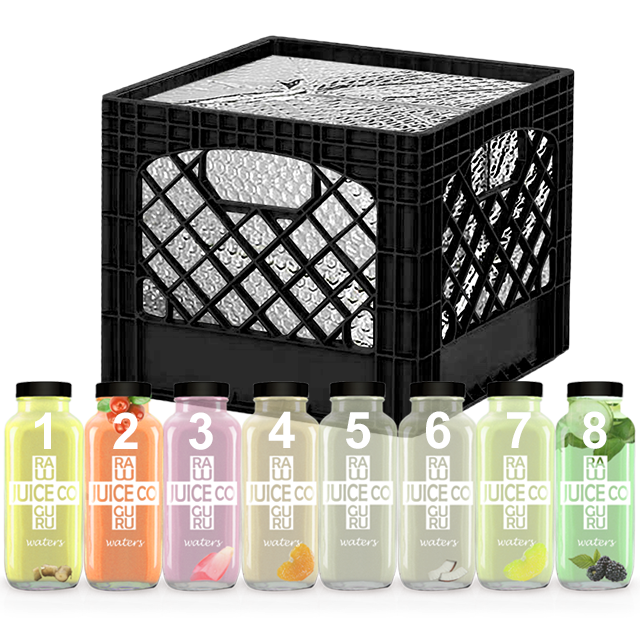By: Eliane Bejjani
Did you know The Brain is 75% water, blood is 92% water, bones are 22 % water and muscles are 75 % water
Next to air, water is the element most necessary for survival. A normal adult is 60 to 70 percent water. We can go without food for almost two months, but without water only a few days. Yet most people have no idea how much water they should drink. In fact, many live in a dehydrated state. We even need water to breathe, our lungs must be moist to take in oxygen and excrete carbon dioxide. It is possible to lose a pint of liquid each day just exhaling.
 We will discover the 15 different health conditions which can result from dehydration and how increasing your water intake can prevent a host of conditions and serious illnesses.
We will discover the 15 different health conditions which can result from dehydration and how increasing your water intake can prevent a host of conditions and serious illnesses.
1) water is the most vital source of energy in the body. Dehydration causes the enzymatic activity in the body to slow down, resulting in tiredness and fatigue.
2) The blood is normally about 92% water when the body is fully hydrated. when dehydrated the blood becomes thicker causing resistance to blood flow and resulting in elevated blood pressure.
3) When dehydrated the body will restrict airways as a means to conserve water. In fact the rate of histamine produced by the body increases exponentially as the body looses more and more water.
4) Headaches are often a symptom of dehydration and therefore drinking enough water will help eliminate headaches and should be the first thing doctors recommend. Drinking enough water is a natural remedy that has no side effects and eliminates the problem of headache without using artificial means.
5) Dehydration impairs the elimination of toxins through the skin and makes it ore vulnerable to all types of skin disorders, including dermatitis and psoriasis, as well as premature wrinkling and discoloration.
6) When the body is dehydrated it will produce more cholesterol to prevent water loss from the cells.
7) A shortage of water and alkaline minerals such as calcium and magnesium can lead to a number of digestive disorders including ulcers, gastritis and acid reflux. Drinking enough water raises your metabolism because it helps in digestion.
8) Drinking enough water is even more important for someone suffering from diabetes. Diabetics are not able to process sugar that is eliminated through urine drawing water from the body. This can cause dehydration that can lead to serious health problems for diabetics. Drinking enough water is therefore even more important for someone suffering from diabetes.
9) With a dehydrated body, the accumulation of toxins and acid waste creates an environment where bacteria thrive resulting in the bladder and kidney to be more prone to infection, inflammation and pain.

10) The colon is one of the primary area the body draws water from in order to provide fluids for other critical bodily functions. Fiber and water go hand in hand to favor a daily bowel movement. Without right amount of water wastes move through the large intestine much more slowly or sometimes not at all resulting in constipation.
11) All joints have cartilage padding which is composed mainly of water. When the body is dehydrated, cartilage is weakened and joint repair is slow resulting in pain and discomfort. Proper hydration helps keep your joints and muscles lubricated, so you’ll less likely get cramps and sprains.
12) The cornea in your eye is made 80 percent of water and drinking adequate water is therefore necessary to maintain good eye health.
13) When your body is dehydrated it cant eliminate toxins effectively, the toxins build up, it ends up storing them in fat cells. Furthermore the body will not release the fat unless it is sufficiently hydrated to safely remove the toxins. When we become dehydrated toxins saturate our blood and the flow is slowed down.
14) When chronically dehydrated, the body’s organs, including its largest organ, the skin, begins to wrinkly and age prematurely.
15) Proper water intake is a key to weight loss. If people who are trying to lose weight don’t drink enough water, the body can’t metabolize the fat adequately. Retaining fluid also keeps weight up.” Research has shown that drinking one to two glasses on rising and before meals can help raise your metabolism, feel less hungry, consume fewer calories and ultimately lose weight. Drinking adequate water is more important for people who are obese, as they need more water to metabolize their excess fat.
Tip to Drinking enough water:
If you’re not used to drinking water regularly, here is a way to get enough: 1 cup in the morning when you wake up. 1 cup half an hour before breakfast and 1 cup half an hour later. Repeat this with lunch and dinner. One cup before bed. You can also add a wedge of lemon or squeeze half a lemon into your water.


